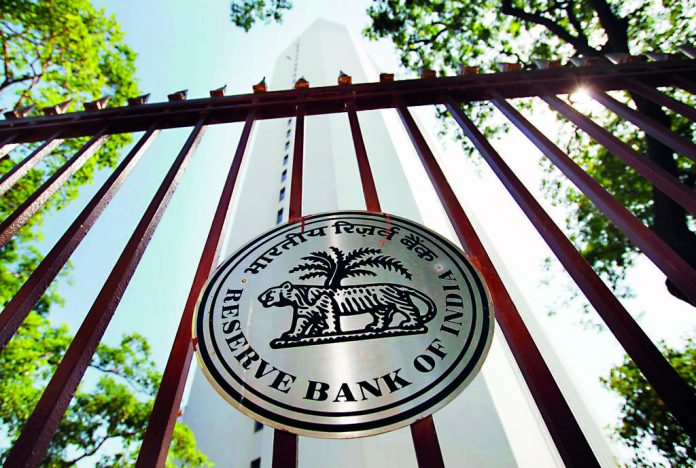Mumbai: The updated guidelines, set to be implemented from April 1, aim to reinforce existing measures and collaborative initiatives by banks and the Reserve Bank of India (RBI) to diminish the volume of unclaimed deposits in the banking system. The goal is to ensure the return of such deposits to their legitimate owners or claimants.
On Monday, the Reserve Bank of India (RBI) issued comprehensive guidelines on unclaimed deposits or inoperative accounts, directing banks to conduct at least an annual review of accounts with no customer-induced transactions for over a year. This move is part of the RBI’s efforts to streamline the management of unclaimed funds and ensure their rightful return to customers.
The Reserve Bank of India (RBI) has directed banks to conduct an annual review of accounts with no customer-induced transactions for more than a year, effective from April 1.
Customer-induced transactions include financial activities like ATM withdrawals, deposits, RTGS/NEFT transactions, and debit card transactions, as well as non-financial activities such as requests for a cheque book or debit card, and changes in transaction limits. This move aims to enhance efforts to reduce unclaimed deposits and ensure their rightful return to customers.
The Reserve Bank of India (RBI) has defined that a savings or current account will be considered inoperative if there are no customer-induced transactions in the account for a period exceeding two years.
In such cases, the credit balance in the account, if not operated for 10 years or more, is transferred to the ‘Depositor Education and Awareness’ (DEA) Fund Scheme, 2014.
The RBI also outlined procedures for banks to trace customers of inoperative accounts and unclaimed deposits, including communication via letters, email, or SMS on a quarterly basis.

